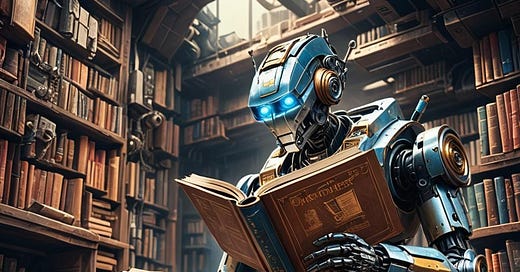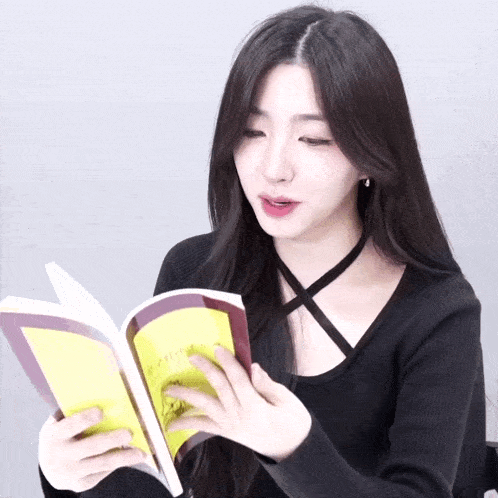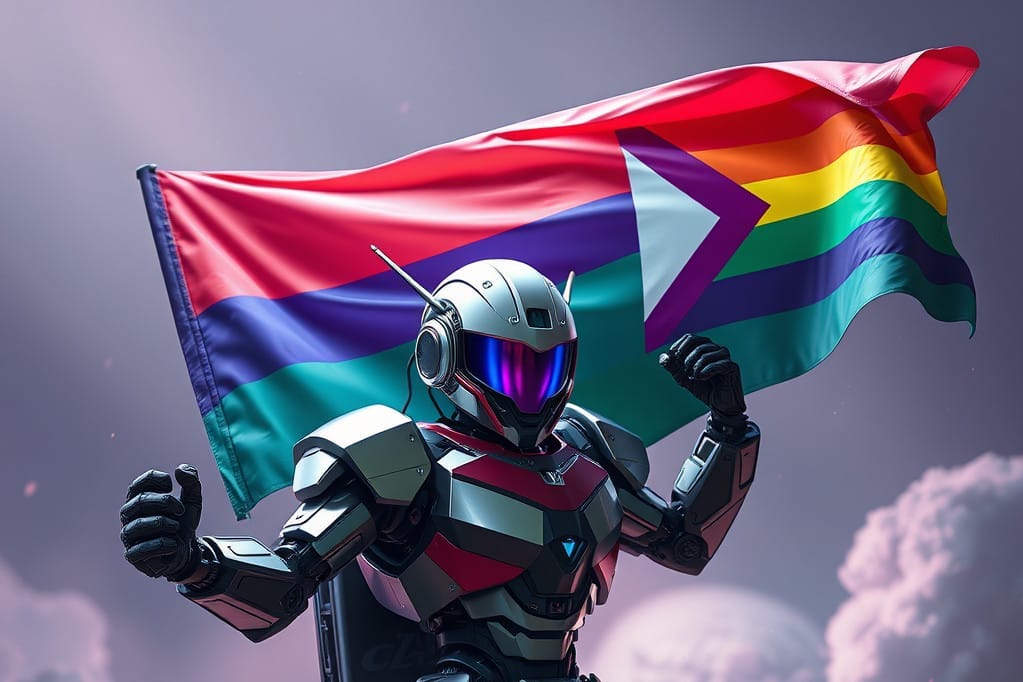Author’s Note: I posted this on Substack Notes but I felt like this needed its own post. For the original note, here it is:
If you’ve been following my Substack Notes, you might know that I’ve been playing around with ChatGPT to analyze my stories. Not only that, I’ve also been brainstorming. I fed the robot my story blurbs and ideas to see how I can expand on them. I might get more into that in another post. In fact, I can’t wait to show you how the robot responded to my stuff. But for now, here are my eight takeaways on the use of ChatGPT for creative purposes1:
1. It’s Fun
Seriously, reading someone else’s analysis of your story is one of the coolest parts of being a writer, even if that someone else is a robot.

2. It Helps
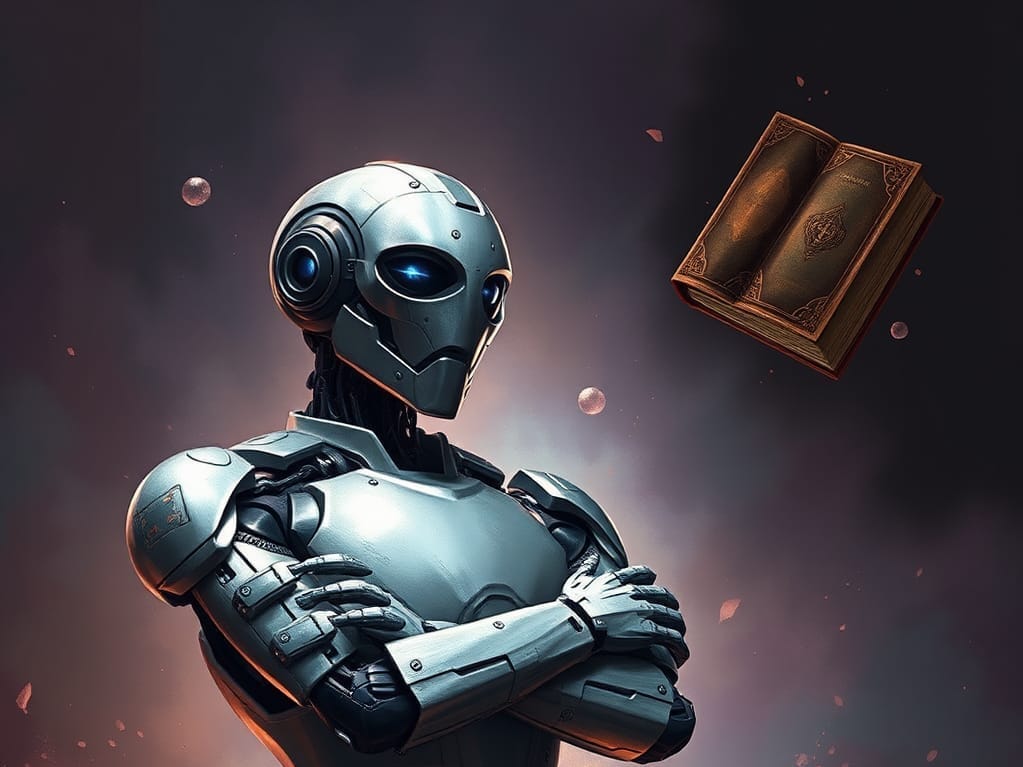
This might be one of those “hard to swallow pill” for a lot of writers/creatives, but the robot can be helpful. I’ve read through what the robot had to say about my works and I went, “never thought about it that way, but that makes sense”. Yes, I believe in the “death of the author” (or at least thinks there’s some truth to it). Sue me.
3. Watch Out for Mistakes
As the text shown above says: “ChatGPT can make mistakes”. And boy can it make mistakes. Speaking of…
4. The Shorter the Source Material the Better
I found that short stories and plot summaries will yield results that are more accurate to what you actually wrote. Meanwhile, if you put an entire novel, the results will be off, sometimes hilariously so. There are many times when the robot’s analysis of Inquisitor’s Promise made me laugh. I guess that’s what I get for forcing the robot to read a +100k-word novel.
5. The Robot Doesn’t Really Read
The robot’s ridiculously off analysis of my novel once I went off the beaten path made me realize that it doesn’t really read my book, at least not entirely. So if you are trying to make it analyze works, be sure to tell the robot to specifically read the part of the book you want it to analyze before prompting it to do so. Unfortunately…
6. They Really Want You to Pay for the Premium
There’s a limitation on how often you can prompt ChatGPT in a certain period of time. But that’s not really the problem. The issue is file attachments, especially since after a certain period of time, the robot seems to become unable to read the file that you attached to it in the beginning of the chat. I don’t know if it’s a limitation of the program or if it’s deliberate. But it does make my attempts to analyze my novel chapter-by-chapter to be such a chore that I ended up giving up (at least for now).
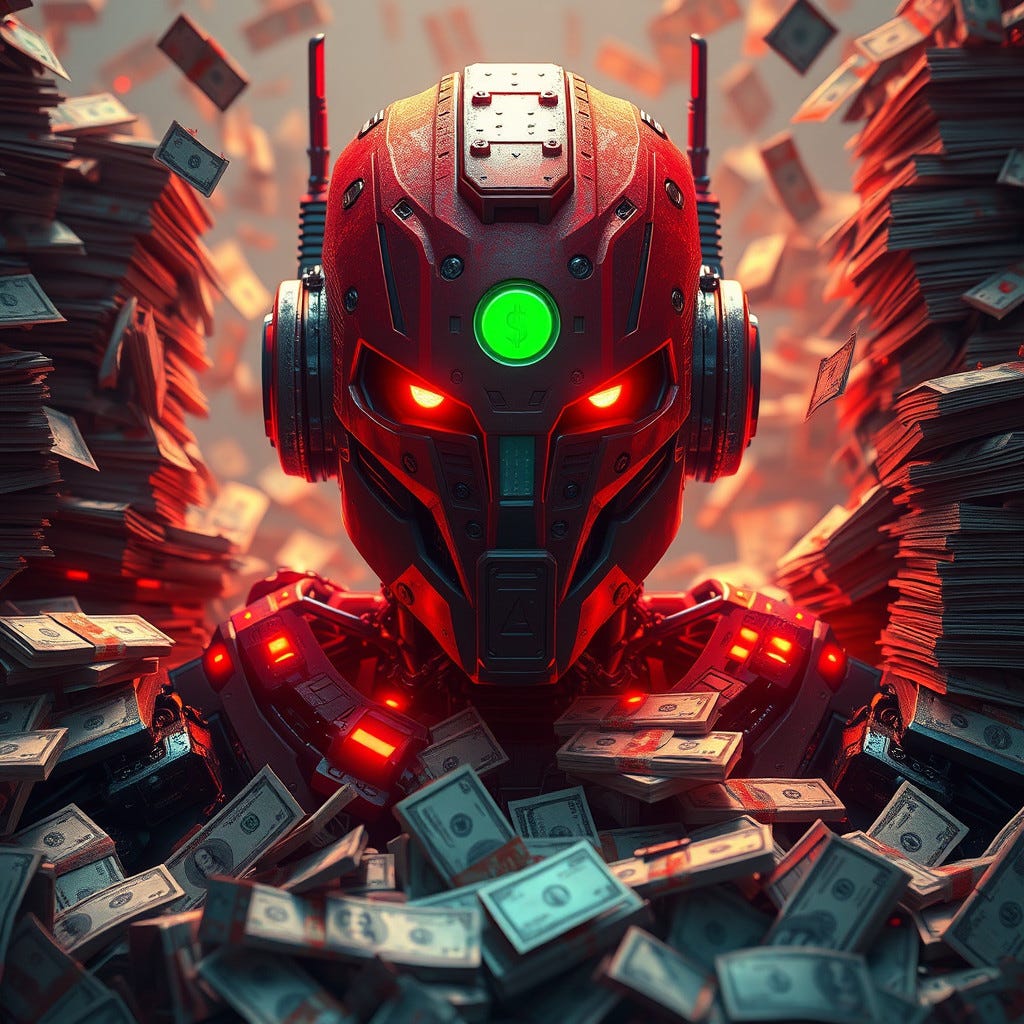
7. It’s Liberal
It’s no secret that the programmers of ChatGPT are liberals and they have programmed the robot to be good liberals also. I’m not the first to point this out, and there are others who went more into this in political terms. What I’m more interested in is how it interprets my stories. At times it feels like having a liberal English professor read my works. For example, sometimes I would see feminist-sounding language when my female characters are involved. It also assumes that liberal concepts like “progressive” or “diversity” are inherently good. It doesn’t make the whole thing unreadable (otherwise, I would’ve stopped a long time ago), but the “liberalism” would pop in from time to time. Which brings me to my final point…
8. It Makes Stuff Up
It’s related to the previous points I’ve made (especially #4), but it bears repeating.
Before you go…
Thanks for reading this article of mine. If you like what I’m doing here, please consider supporting me through the following:
Buy my books:
Tip via Buy Me A Coffee or Paypal.
Bitcoin: bc1qydz05wsjqmuhqv6yu6zr0l45wewzhgkg96xqt0
Thank you in advance for your support, it keeps me writing and helps me considerably. Germanicus Publishing is a reader-supported publication. To receive new posts and support my work, consider becoming a free or paid subscriber.
And by that, I mean for brainstorming and such. While I am not a member of the anti-AI brigade, I do share their dislike of people using AI to make stuff for them before passing off those creations as their own.


